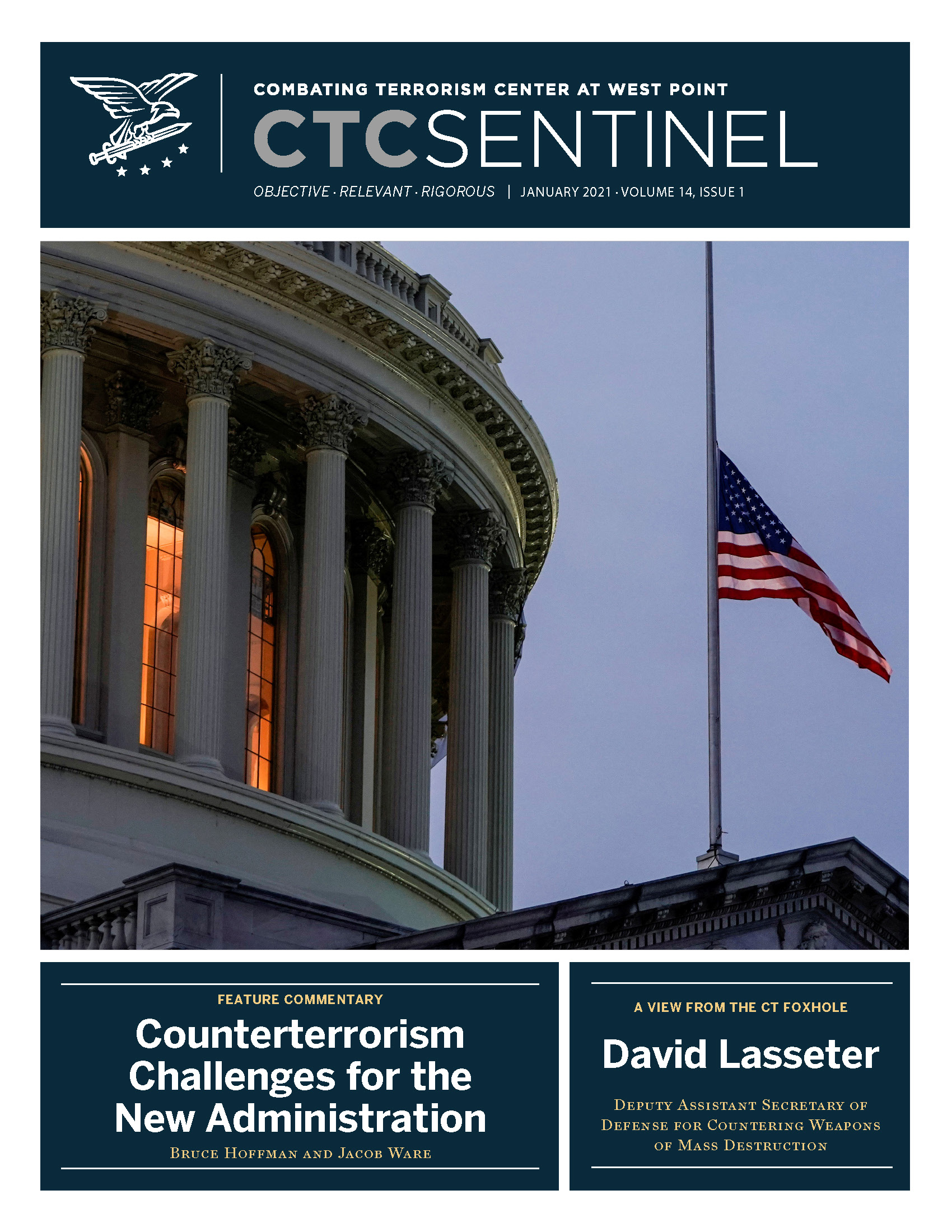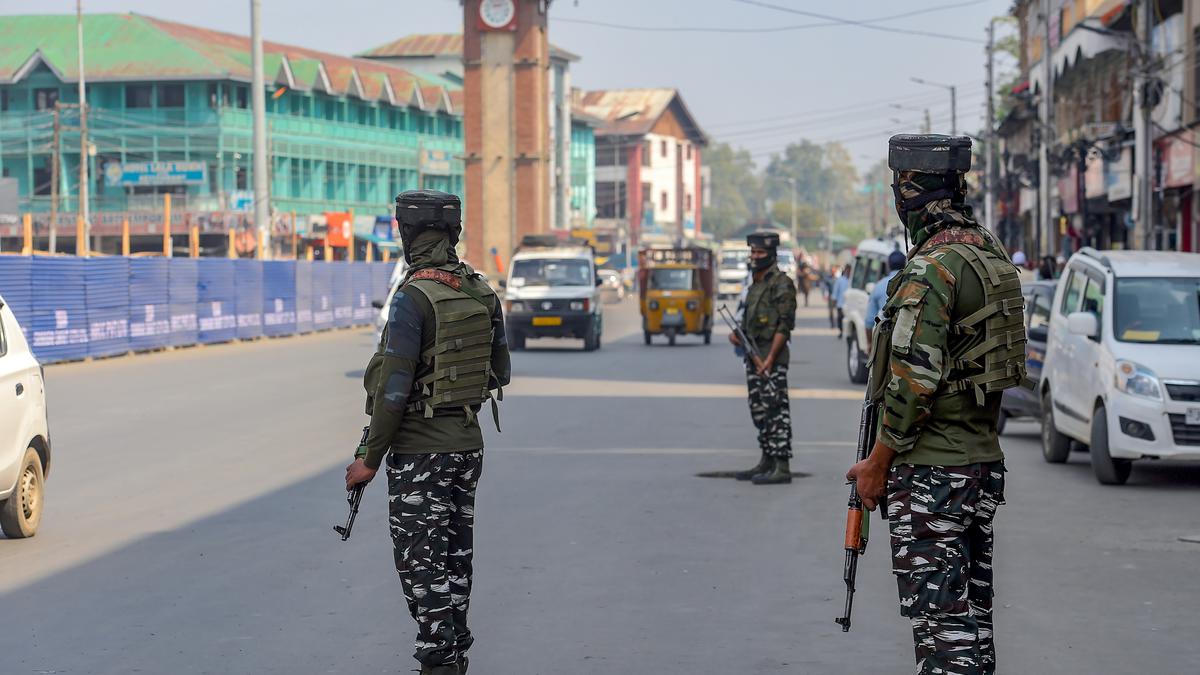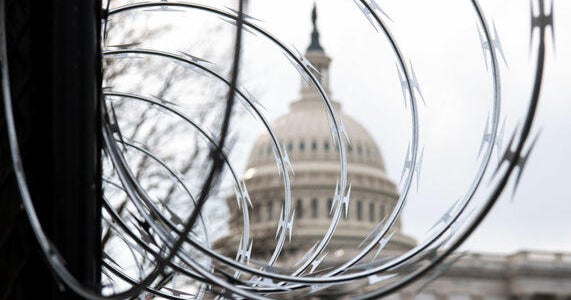Which Event Led To An Heightened Focus On National Security

The world watched in horror as the skies over America turned into a canvas of unimaginable destruction. The attacks of September 11, 2001, weren't just a national tragedy; they were a watershed moment that fundamentally reshaped the global landscape of national security.
This single event, meticulously planned and brutally executed, triggered an immediate and profound shift in how nations, particularly the United States, perceived and addressed threats. It wasn't merely about enhanced airport security or increased military spending; it was a complete reimagining of intelligence gathering, international relations, and the very definition of national vulnerability.
The Unfolding Horror of 9/11
On that fateful morning, 19 al-Qaeda terrorists hijacked four commercial airplanes. Two planes struck the World Trade Center towers in New York City, causing their eventual collapse.
A third plane crashed into the Pentagon in Arlington, Virginia, while the fourth, United Airlines Flight 93, crashed in a field in Shanksville, Pennsylvania, after passengers and crew fought back against the hijackers.
The attacks claimed the lives of nearly 3,000 people from over 90 countries, leaving an indelible scar on the American psyche and demanding an immediate and comprehensive response.
The Immediate Aftermath: A Nation United and Resolute
In the days and weeks following 9/11, the United States experienced an unprecedented surge of national unity. President George W. Bush declared a "war on terror," vowing to hunt down those responsible for the attacks and prevent future acts of terrorism.
This declaration was met with widespread support both domestically and internationally. The NATO alliance invoked Article 5, which states that an attack on one member is an attack on all, demonstrating a united front against terrorism.
The initial focus was on dismantling al-Qaeda, the terrorist organization led by Osama bin Laden, which claimed responsibility for the attacks.
Legislative and Institutional Overhaul
The 9/11 attacks prompted a sweeping overhaul of national security structures and legislation. The most significant outcome was the creation of the Department of Homeland Security (DHS) in November 2002.
This new cabinet-level department consolidated 22 different federal agencies, including the Coast Guard, the Secret Service, and the Transportation Security Administration (TSA), to coordinate national security efforts.
The Patriot Act, passed shortly after the attacks, expanded the surveillance powers of law enforcement agencies, allowing for greater access to communications and financial records.
This legislation, while intended to enhance national security, has been controversial due to concerns about its impact on civil liberties.
The Wars in Afghanistan and Iraq
In October 2001, the United States launched Operation Enduring Freedom in Afghanistan, targeting al-Qaeda and the Taliban regime that harbored them. The goal was to dismantle al-Qaeda's training camps and prevent the country from being used as a base for future terrorist attacks.
In 2003, the Bush administration launched a military invasion of Iraq, alleging that Saddam Hussein's regime possessed weapons of mass destruction and had links to terrorism.
These wars, lasting for years and costing trillions of dollars, significantly shaped the national security landscape and had profound geopolitical consequences.
Shifting Strategies: From Reactive to Proactive
The 9/11 attacks highlighted the need for a more proactive approach to national security. Intelligence agencies expanded their focus on preemptive measures, aiming to identify and disrupt terrorist plots before they could be executed.
This involved increased surveillance, enhanced intelligence sharing between agencies, and the development of new technologies to detect and prevent threats.
Counterterrorism strategies also evolved to address the root causes of terrorism, such as poverty, political instability, and ideological extremism.
The Enduring Legacy and Evolving Threats
The heightened focus on national security following 9/11 has had a lasting impact on American society and foreign policy. Airport security measures, enhanced surveillance technologies, and increased military spending have become commonplace.
However, the nature of threats has also evolved in the years since 9/11. The rise of ISIS, the spread of online radicalization, and the increasing threat of cyberattacks pose new challenges to national security.
The balance between security and liberty remains a central debate, with ongoing discussions about the appropriate level of government surveillance and the protection of civil rights.
Looking Ahead: Adapting to a Complex World
The attacks of 9/11 served as a stark reminder of the vulnerability of modern societies to terrorism. As the world becomes increasingly interconnected, the need for vigilance and adaptability in national security remains paramount.
Effective national security strategies must be comprehensive, addressing not only military and law enforcement aspects, but also economic, social, and political dimensions.
International cooperation and partnerships are essential to combating terrorism and other transnational threats in an increasingly complex and interconnected world. The lessons learned from 9/11 continue to shape the ongoing efforts to protect nations from evolving dangers.



.jpg)














